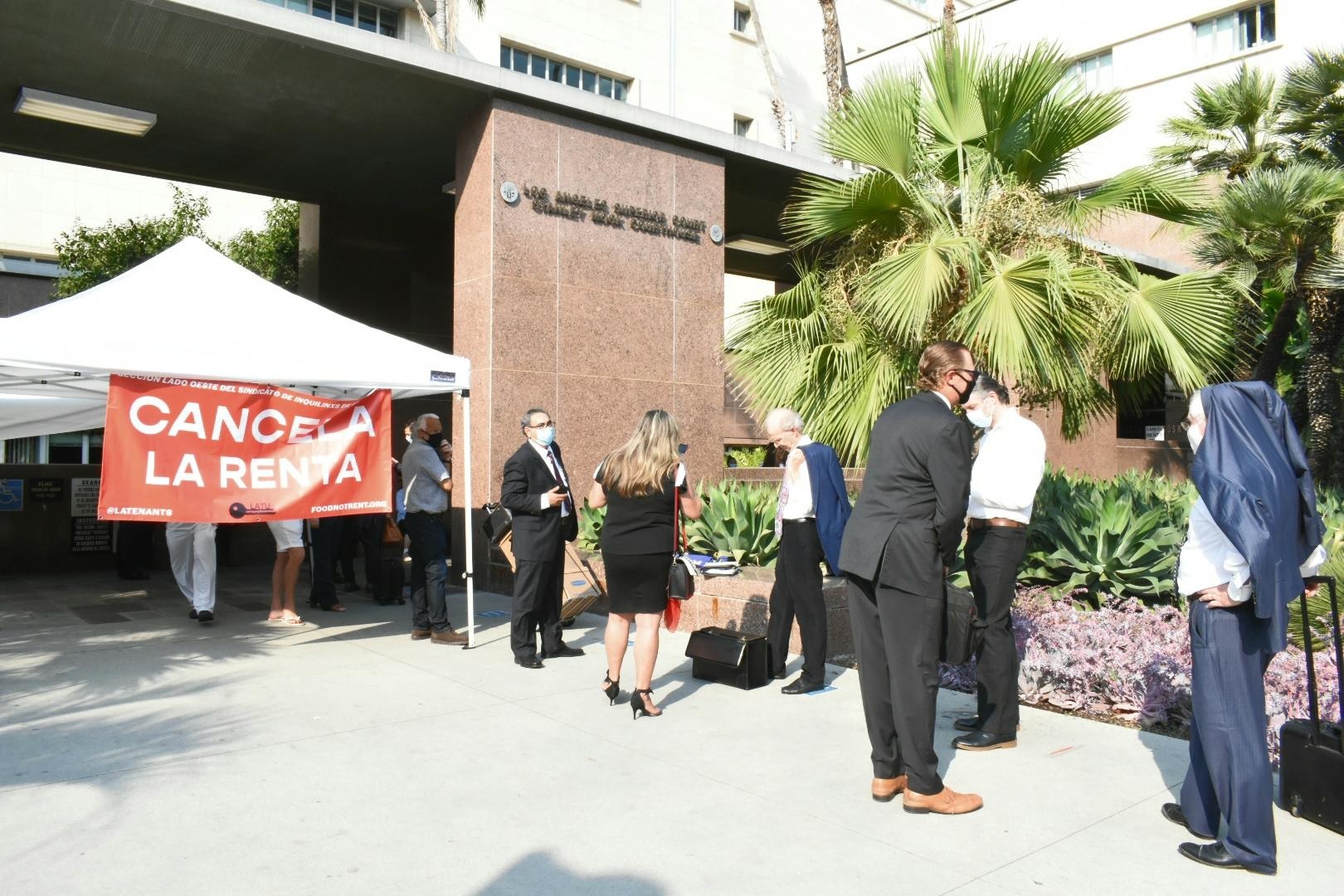(CN) — A planned major development in northern Los Angeles County is either the most studied section of land in the region or a biologically diverse and undeveloped area that will see massive change when homes and traffic start to pour in over the next 20 years.
The Centennial development project is slated to construct 19,000 homes, many single-family units, on a 6,700-acre area in LA County that borders Kern County. There are also proposals for commercial development and other forms of infrastructure.
After decades of legal fights and study reports, the project was given final approval by LA County officials last April, clearing the way for the property owners Tejon Ranch Co. to move ahead with the development.
The California Native Plant Society and the Center for Biological Diversity filed a lawsuit seeking to invalidate the project's environmental impact report, claiming it violated the California Environmental Quality Act.
Among many arguments, the environmental advocacy groups said the planned development would impact a critical wildlife corridor and the EIR authors did not adequately study how the project would impact native wildflowers in the area.
Another environmental group, Climate Resolve, also sued the county over what they called a confusing and misleading measure of greenhouse gas emissions.
In a 6-hour hearing on the merits of the cases on Wednesday in Los Angeles County Superior Court, the parties argued about the scope and strength of the EIR. A hearing on the merits is a formal hearing under the rules of evidence to consider the issues in a complaint and Superior Court Judge Mitchell Beckloff oversaw the arguments.
Attorney JP Rose with the Center for Biological Diversity argued the report overlooked how the site is infrequently used by mountain lions, but also acts as a critical corridor for the animals in the region.
Rose said the EIR never put “two and two together” on how the project would impact the mountain lions' survival and diversity.
"We have a complete failure to disclose impacts," Rose said.
Attorney Jennifer Hernandez with Holland and Knight for the Tejon Ranch Co. said the Tehachapi linkage the plaintiffs referred to as an important corridor was outside the proposed Centennial site.
The plaintiffs argued in filings that a mountain lion’s paw print was found in a field at the site.
"They’re called mountain lions for a reason. They hang out in the mountains," Hernandez said. The defendants argued the plaintiffs have been opposed to the project for years because they seek to keep the area undeveloped.
Beckloff asked Rose, "I need you to explain to me what it is that is deficient in the EIR with the Tehachapi linkage."
Rose said the EIR downplays the importance of connectivity for wildlife and that the report authors mischaracterize the impact the project will have.
The plaintiffs also argued that the project's EIR did not properly study the impact to native species of flowers in the area.
Hernandez said there have been extensive field surveys and reports on the project's proposed impacts.
"There were disclosures of the good, the bad and the ugly," Hernandez said.
Climate Resolve attorney Dean Wallraff with Advocates for the Environment argued about the EIR's greenhouse gas estimates. The separate lawsuit also challenged the project's wildfire mitigation efforts.
Wallraff said the EIR misleads the public on the output of greenhouse gas emissions. The report says the project will be net-zero, meaning there will be no emissions with its electrical grid.
Wallraff called that proposal confusing and misleading because later in the EIR, the authors say they will be able to offset emissions.
"This whole scheme, on the face of it, just won't work," Wallraff said.
The parties are set to resume the hearing in early November to argue about the claims of wildfire mitigation and fire impacts.
Subscribe to Closing Arguments
Sign up for new weekly newsletter Closing Arguments to get the latest about ongoing trials, major litigation and hot cases and rulings in courthouses around the U.S. and the world.









